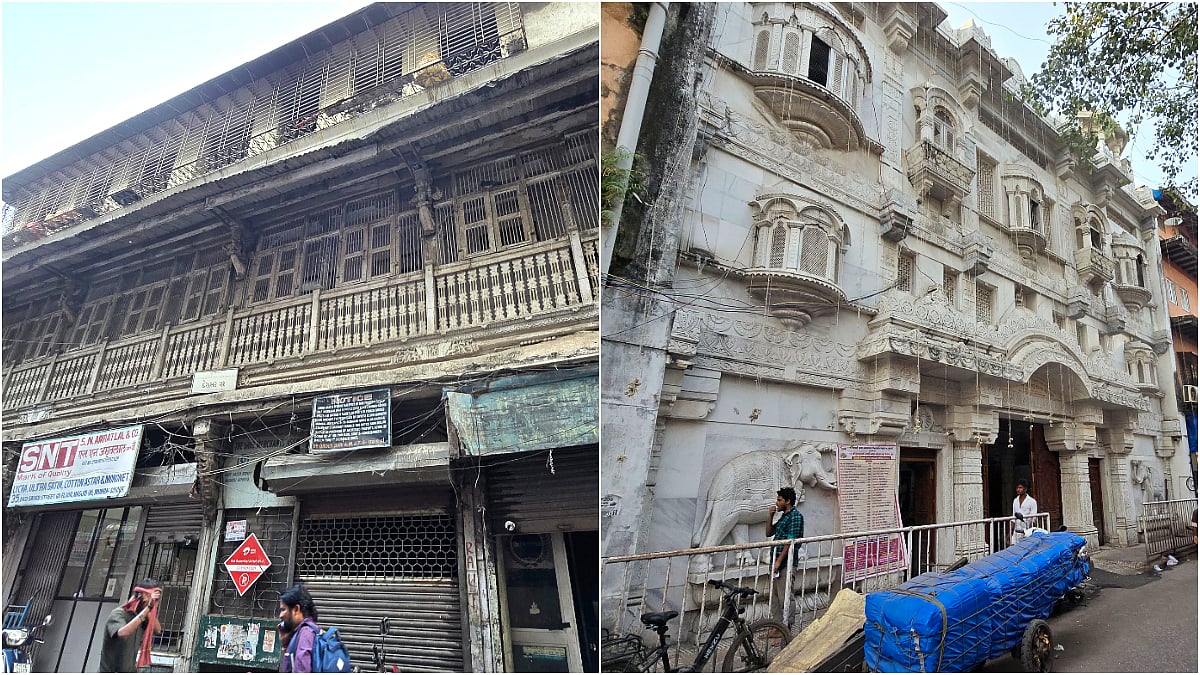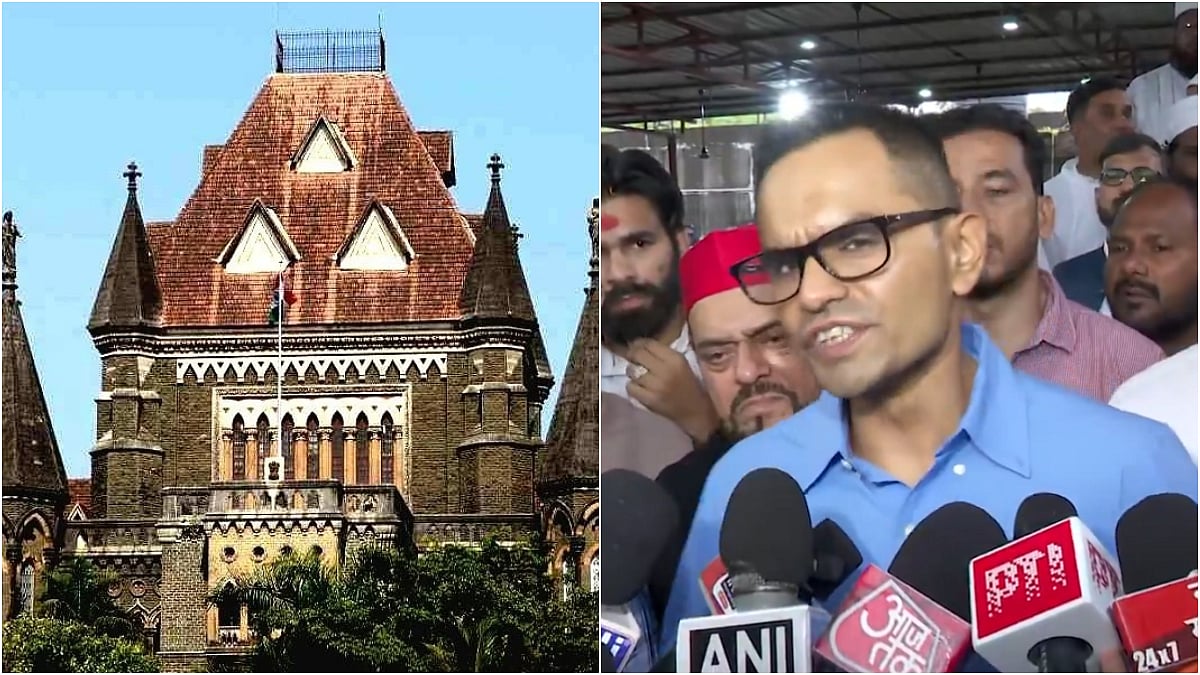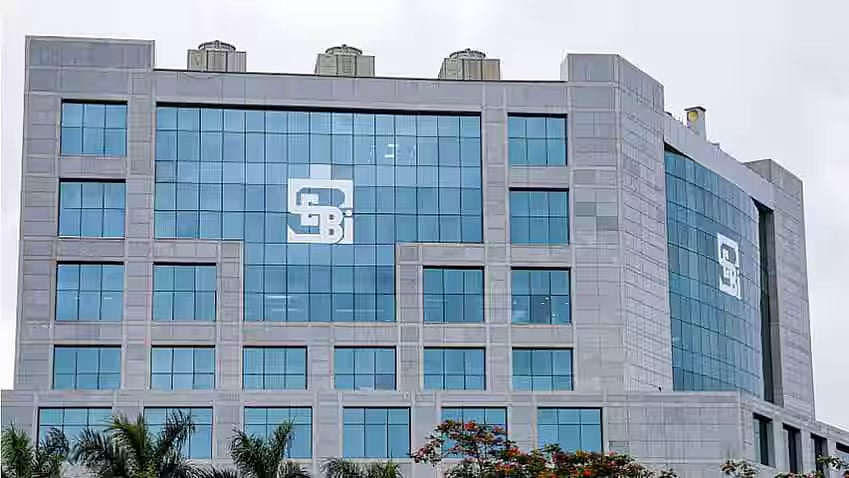The Supreme Court bench of Justices Aravind Kumar and NV Anjaria ruled that the Indian Railways must provide compensation for the death of a passenger in a railway accident, and the passenger could not be construed as a non-bona fide passenger only because he had boarded the wrong train. The ill-fated Shravan Gupta, 23, died in May 2013 when he was headed to Maihar but boarded a wrong train and attempted to alight it while it was in motion. His family was granted Rs 8 lakh compensation by the Railway Claims Tribunal, but it was overruled by the Madhya Pradesh High Court in 2023. The SC has restored the Tribunal award. The significance of the apex court’s order goes beyond this case and touches upon the critical—and less visible—issue of accidental deaths in India’s railway transport system.
That Gupta’s next-of-kin had to battle all the way to the SC for 12 years after the tragedy shows the callousness and non-accountability of the Indian Railways regarding the lives of its passengers. Approximately 23 million passengers travel on its services every day, with the annual count running into billions. In 2013, the year that Gupta died, a total of 21,803 people were recorded dead in railway accidents across India, which averages to about 60 deaths a day—itself a shocker. A staggering 73 per cent of these were due to falling from trains, people run over by trains on tracks, or collisions of trains. That year, there were 24,678 reported railway accidents—a 6 per cent increase over the previous year. Many accidents can be traced to a sudden change of platforms to board trains or alight from them, lack of coherent announcements at railway stations, and the absence of adequate facilities, such as overbridges.

The statistics reveal the situation to be more distressing than it appears to be or the Railways have projected it to be. Instead of being accountable for every single death on its tracks, the Railways has tried to shrug off its responsibility and liability. Railway authorities, in Gupta’s case, pleaded with the MP HC that there was no case for compensation because he was not a bona fide passenger of that particular train. In most countries of the world, especially large economies, one that India prides herself to be, this would be construed as an act of utter shame for any public authority or service. It should be so in India too; alas, the life of the average Indian is cheap here. Nothing exemplifies it more than the yawning gap in the compensation for air crash deaths and railway or bus accident deaths. It’s high time Railway Minister Ashwini Vaishnav did better on this and had the callous system show more humanity.









